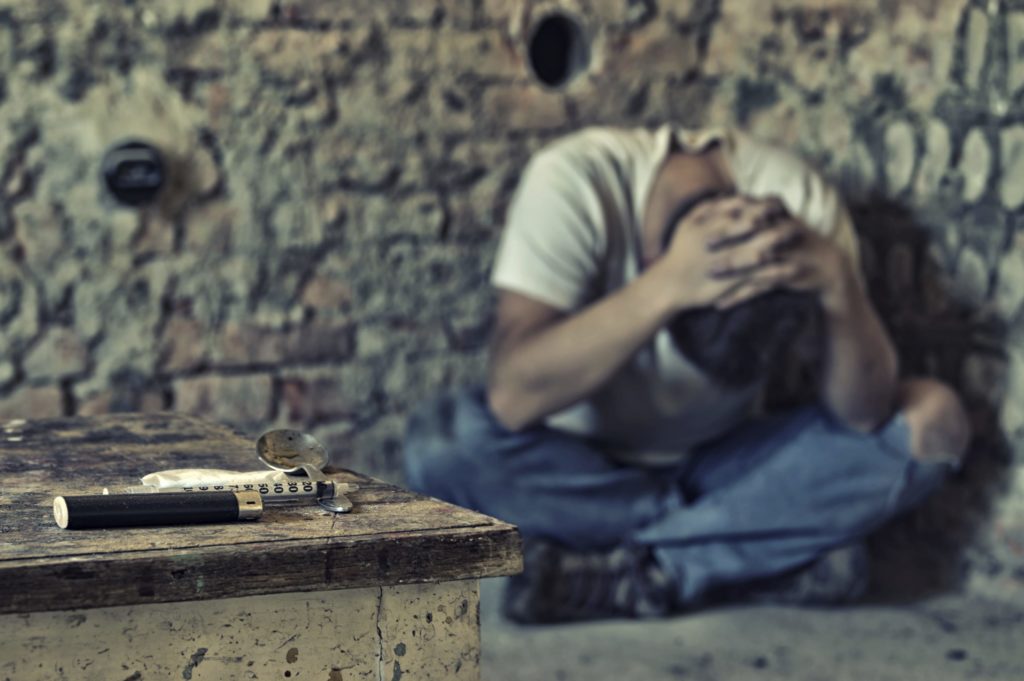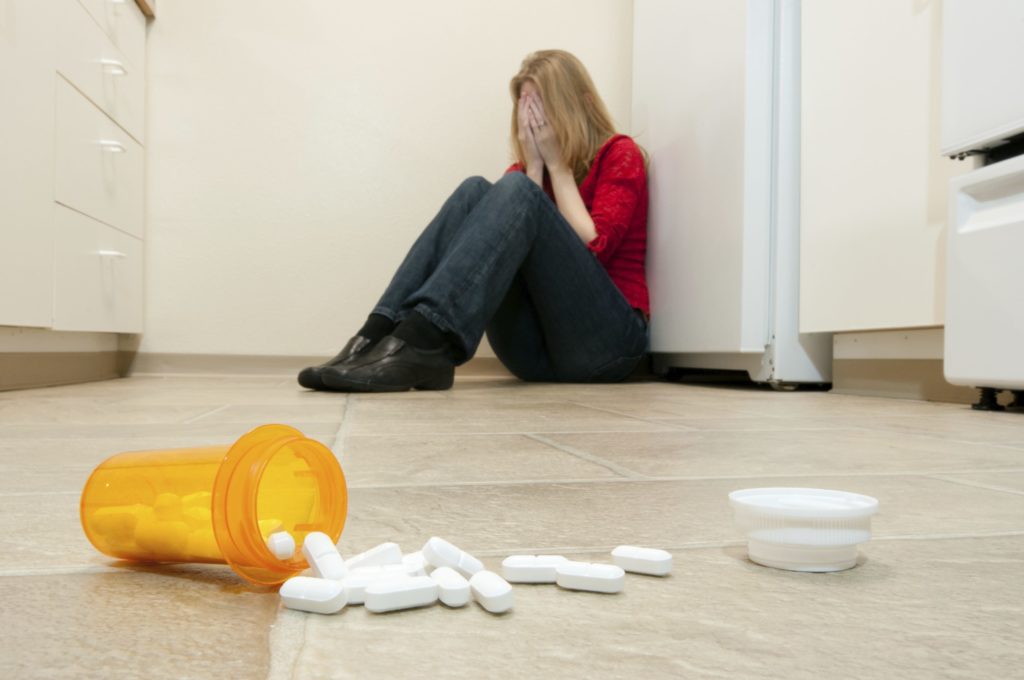Benzodiazepines (benzos) are medications that can be a lifeline for many people. However, their addictive potential is often overlooked, which can make them easy to misuse. Identifying benzodiazepine use disorder is an important first step toward getting help for yourself or someone you care about who may be struggling.
If you’re in Texas and suspect benzo abuse is affecting you or someone you care about, recognizing the signs and seeking benzo addiction treatment at The Right Step can provide a pathway to healing and wellness.
What Are Benzodiazepines?
Benzodiazepines are a class of prescription drugs that work on the central nervous system (CNS) to produce calming effects. They’re often used to treat anxiety disorders, insomnia, and seizures. While these medications can be effective when used as prescribed for short periods, long-term use can lead to dependence and addiction. A cross-sectional analysis of the 2015 and 2016 National Survey on Drug Use and Health (NSDUH) revealed that benzodiazepine use among U.S. adults was more prevalent than previously estimated. Notably, misuse accounted for nearly 20% of overall usage.1
Commonly Abused Benzos
Not all misuse begins with a prescription. Many people turn to benzodiazepines recreationally, unaware of the risks they pose. The most frequently abused benzos include:
- Alprazolam (Xanax®) – Misused for its fast-acting calming effects, Xanax® is often abused recreationally or as a way to self-medicate.
- Clonazepam (Klonopin®) – Known for its longer-lasting effects, Klonopin® is another commonly misused benzo.
- Diazepam (Valium®) – Popular because of its perceived ability to relieve stress or anxiety, Valium® has also become a frequent choice for abuse.
A key sign of benzodiazepine use disorder is the need for higher doses to achieve the same effects, which can quickly lead to misuse. It often starts small—maybe taking an extra dose to help cope with a tough day. But over time, this can gradually turn into a dangerous dependency.
Signs of Benzo Addiction
Recognizing the symptoms of benzodiazepine use disorder is crucial for seeking timely help. Here are some common warning signs:
- Physical signs – Drowsiness, sedation, dizziness, or a lack of coordination may occur.
- Behavioral changes – Engaging in doctor shopping to obtain multiple prescriptions, misusing medication not prescribed to you, and isolating yourself from friends and family are concerning behaviors.
- Psychological symptoms – Not taking the medication can lead to increased anxiety, cravings for more benzos, and mood swings or irritability.
Data from the 2016–2017 National Electronic Injury Surveillance System-Cooperative Adverse Drug Event Surveillance project were analyzed in 2019 to estimate the annual number and rate of emergency department visits caused by adverse events involving benzos, categorized by the intent of use. Based on 6,148 cases, an estimated 212,770 emergency department visits occur yearly due to benzo-related adverse events. Over half of these visits involve the nonmedical use of benzos, one-third are related to self-harm, and a smaller percentage result from therapeutic use.2 These numbers highlight the growing dangers of benzo abuse. If you or someone you care about is showing signs of benzo addiction, reaching out for professional help can make all the difference.
Long-Term Effects of Benzo Abuse
Using benzodiazepines for a long time isn’t just about the risk of addiction—it can take a serious toll on your health and overall well-being. Some of the long-term effects include:
- Cognitive effects – Long-term use can cause memory issues, difficulty concentrating, and a decline in overall cognitive function
- Physical health risks – Chronic misuse may lead to weakened respiratory function, especially when combined with other substances like alcohol
- Mental health challenges – Paradoxically, abusing benzos can exacerbate conditions like anxiety and depression, leading to a worsening cycle of misuse
- Dependency and withdrawal – Dependency often accompanies long-term use, and withdrawal symptoms can include severe anxiety, tremors, and even life-threatening seizures
Benzo abuse doesn’t just affect the person struggling—it can take a toll on relationships, careers, and overall well-being. That’s why getting help early is so important.
How Substance Abuse Treatment Can Help
If you or a loved one are grappling with benzodiazepine use disorder, know that recovery is possible. Getting the right help can give you the tools and support you need to take back control and rebuild your life.
At The Right Step, we’re here to guide you through every stage of recovery. Our medically monitored detox is designed to keep you safe and as comfortable as possible during the tough process of benzo withdrawal, with experienced professionals by your side to help manage symptoms and support your journey. Individualized therapy—led by skilled therapists using evidence-based practices like cognitive-behavioral therapy (CBT)—helps clients address the root causes of substance use. Peer support through group therapy creates a community of individuals who understand similar struggles, fostering shared growth and encouragement. Additionally, aftercare programs provide continued access to recovery resources, helping clients maintain a sober lifestyle long after treatment ends.
By seeking professional benzo addiction treatment, clients can address not just the symptoms but also the underlying causes of their addiction.
Connect with The Right Step and Enroll in Our Benzo Rehab Today
Identifying benzodiazepine use disorder can feel overwhelming, but it’s also a courageous first step toward a healthier, brighter future. Understanding the signs and knowing where to get help can make all the difference.
At The Right Step, we’re here to walk alongside you with compassion and support. We know recovery can feel like a big challenge, but together, we can help you take back control and move forward. If you’re ready to talk about your options and start your recovery, reach out to our team online or call 17135283709 today.
Footnotes:






